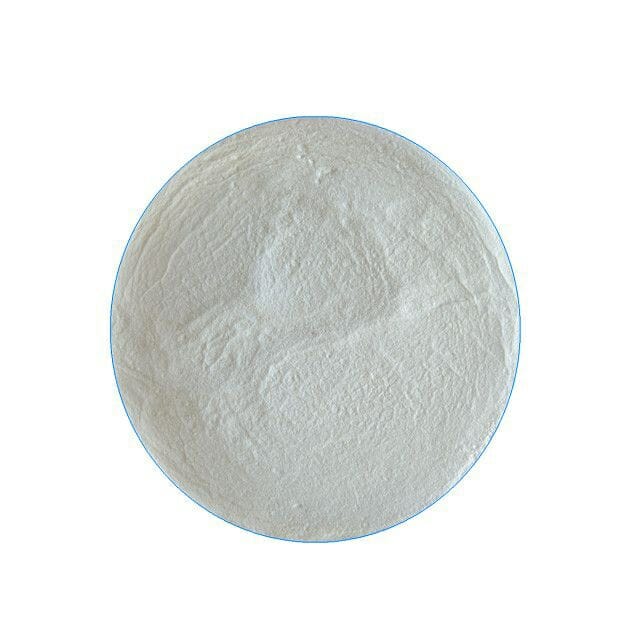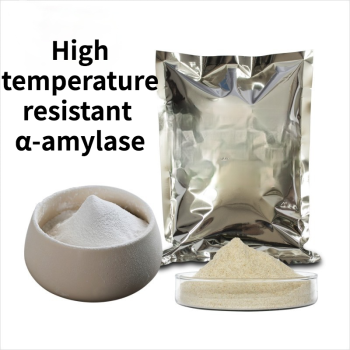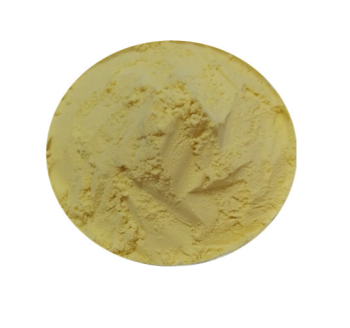Neutral Protease Enzyme For Beer Brewing Industry Enzymes.Bio Prn100
Introduction
This product can catalyze protein to hydrolyze into low molecular peptide and amino acid. It is mainly used in the industry of alcohol fermentation, leather softening and depilation, silk degumming, plant and animal proteolysis, brewing, juice purification, bakery, and feed additives.
Characteristics
| Declared Activity | ≥100000 u/g |
| Production Organism | Bacillus subtilis |
| Physical Form | Powder |
| Color | Snuff color. Color can vary from batch to batch. Color intensity is not an indication of enzyme activity. |
| Odour | Normal microbial fermentation odour. |
Specifications
| Items | Lower Limit | Upper Limit |
| Enzyme Activity | 100000 u/g | |
| Lead | 5 mg/kg | |
| Arsenic | 3 mg/kg | |
| Total Viable Count | 50,000 CFU/g | |
| Coliform Bacteria | 30 CFU/g | |
| Escherichia coli | 10 CFU/g; 3 MPN/g | |
| Salmonella | Not Detected/25g |
Recommended Dosage
The recommended dosage is 0.1-2 kg of the enzyme preparation per ton of total raw materials. However, the optimal dosage depends on the application criteria, the processing parameters being utilized, and the attributes desired in the hydrolysate being developed.
Benefits
- Increases level of soluble protein.
- FAN optimization in high adjunct brewing.
- FAN control for improved yeast growth and stable fermentation.
- Yield improvement.
Package And Storage
Package
1 kg / bag.
Storage
| Best Before | When stored as recommended, the product is best used within 12 months from the date of delivery. |
| Storage at Customer’s Warehouse | 0-25℃ |
| Storage Conditions | This product should be stored in a cool and dry place in a sealed container, avoiding insolation, high temperature, and damp. The product has been formulated for optimal stability. Extended storage or adverse conditions such as higher temperature or higher humidity may lead to a higher dosage requirement. |
Safety
Enzyme preparations are proteins, which may induce sensitization and cause allergic-type reactions in sensitized individuals. Prolonged contact may cause minor irritation for skin, eyes, or nasal mucosa, so any direct contiguity with the human body should be avoided. If irritation or allergic response for skin or eyes develops, consult a doctor.





